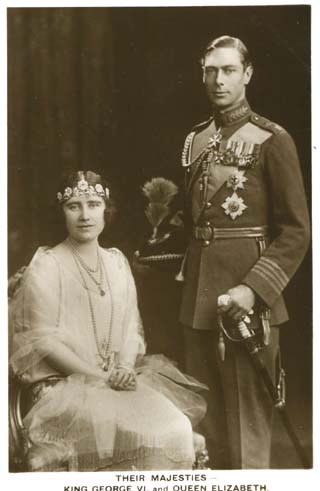List #2 in my Top 10 Top 10 lists game. Today, we look at the composers whose music inspired the musicians who came after them. I’d like to note that, in general, this is something that is totally out of a composer’s control – how can they possibly know if their musical language will be absorbed by anyone following them? [The big exception is people like Shönberg who were also significant teachers and disseminators.] So, I’m mostly trying to judge a simple historical fact here, not a composer’s talent or skill in “being influential”.
1. Guillaume de Machaut (1300 – 1377)

I realize it’s sort of obnoxious to start my list with someone who is only slightly older than music itself, and whose name is only vaguely familiar to the most astute of Early Music History Review students, but isn’t being sort of obnoxious one of the tenets of good blogging?
Guillaume really does deserve pride of place here for a lot of reasons – basically, he influenced a century and a half of musicians after him, something that very few other people have done. He popularized the use of four voices in mass settings, he added complexity to popular song forms, and he was also an accomplished poet. His intense vanity compelled him to publish his “collected works” in several volumes at the end of his life, something noone else had ever done and something that added considerably to the idea of music publishing and dissemination, not to mention scholarship.
Guillaume’s music sounded like this:
(Messe de Notre Dame, Hilliard Ensemble)
Influenced: Basically every 14th, 15th, and 16th century composer right up through Josquin and Vittoria. In fact he’s so influential, that some crazy person let loose on the grounds of Deutsche Grammaphon’s corporate headquarters even released a CD of Machaut remixes (including one by Brad Mehldau).
2. Johann Sebastian Bach (1685 – 1750)

Time to break out the big guns, boys – Johann’s in town. Bach’s name will appear on a good many of these lists, because he did a good many things. Even though he was beyond everyone in his own time period, he was considered old-fashioned. Ever the musician’s musician, he continued to be revered by composers and scholars even when his public image languished.
Influenced: His sons (JC, CPE, and the rest of his alphabetic brood), Haydn, Mozart, Beethoven, Schumann, Mendelssohn, Chopin, Brahms, Hindemith, and probably everyone that ever wrote two lines of counterpoint.
And he very definitely influenced Mahler. From deep in the bowels of the “Resurrection” Symphony:
3. George Gershwin (1898 – 1937)
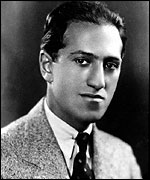
In his short lifespan, George Gershwin wrote popular tunes that were irresistible to broadway, classical, and jazz musicians alike. Jazz musicians in particular latched on to his melodies and practically invented the idea of “standards” around them.
Meanwhile, he influenced several generations of popular classical composers (especially Lenny Bernstein) to try out jazzier idioms in the concert hall. I don’t think any single person is more responsible for the state of popular music worldwide than George Gershwin.
Here’s a little tour through 20th c. popular music history via Gershwin’s “Summertime”:
Influenced: Bernstein, Sondheim, Ravel, Richard Rodgers, Cole Porter, Ferde Grofe, Duke Ellington, Billy Strayhorn, every jazz musician who ever soloed over “Rhythm Changes”, every jazz composer who ever wrote a new tune over “Rhythm Changes”, every pop composer up to the present time who ever stole the descending bass line pattern from “I got Rhythm” (otherwise known as “Rhythm Changes”), at least.
4. (Franz) Joseph Haydn (1732 – 1809)
Papa was on our first list because he was a musical ground-breaker, but he appears on today’s because all his innovations were taken up by other people.
Influenced: Mozart, Beethoven, Brahms, Prokofiev, Ravel, and literally anyone who ever wrote a symphony or a string quartet.
5. Wolfgang Amad̩ Mozart (1754 Р1792)
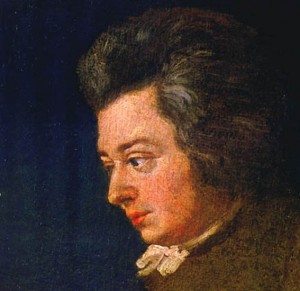
Master of every domain, including opera, chamber music, symphony, and concerto, Mozart cast a wide net over his successors. Not surprisingly, opera composers down the ages worshiped him – Rossini was even dubbed “The Little Mozart” because of his affinity for the composer.
Tchaikovsky, however, was probably his most ardent admirer. Tchaikovsky’s opera The Queen of Spades is totally saturated with Mozart, but I don’t even know if Mozart could have written as Mozartean a number as this:
(“Moi milenki druzhok”, Gergiev)
Influenced: Tchaikovsky, Rossini, Schubert, Schumann, Haydn, Beethoven, Stravinsky, Rachmaninoff.
6. Arnold Sch̦nberg (1874 Р1951)
This poor man is so maligned for having opened the Pandora’s box of 20th century modernism in music. And with good reason. Starting with his close circle of pupils in Vienna, everyone just had to compose using his various systems. The real hook was dodecaphony, Schönberg’s principal for organizing the 12 pitches into previously unthought-of combinations. The 12-tone technique spawned an even more mathematically rigorous offspring: serialism.
There’s no point in judging whether or not this was a good thing – it simply is what happened.
Influenced (for better or for worse): Berg, Webern, Boulez, Nono, Messiaen, Stravinsky, Stockhausen, Eisler, Babbitt, Sessions, Wolpe, and leagues of other composers who wrote even uglier music.
7. Ludwig van Beethoven (1770 – 1827)
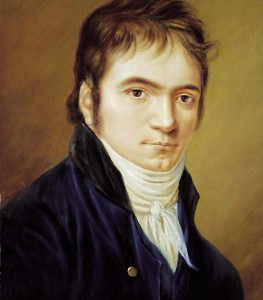
Beethoven’s an interesting case – sometimes he even influenced people not to compose. That was the case with Brahms who couldn’t get it up to write a symphony while Beethoven’s shadow was still in the room. More than any technical specific procedures, I think Beethoven’s biggest influence was in the philosophical scope of music – would Mahler ever have been able to compose the “Resurrection” symphony without Beethoven’s “Ode to Joy”?
Influenced: Berlioz, Schumann, Brahms, Bruckner, Ravel (I think), Bartok, Mahler, anyone who put a chorus in a symphony, anyone who ever thought music could literally change the world.
8. Richard Wagner (1813-1883)

Few composers had such a devoted cult in their own lifetime (not to mention after). Wagner’s innovations were far reaching, and spread like wildfire. Others had used themes to represent characters and objects before, but Wagner’s organized use of leitmotifs became a principle followed by several generations of composers. He also influenced a number of non-compositional disciplines: conducting, dramatic staging, architecture, and, unfortunately, philosophy.
Influenced: Mahler, Strauss, Zemlinsky, Schoenberg, Webern, Berg, Franck, Sibelius, Puccini, Rachmaninoff, Dvorak, Elgar, Max Steiner, Karl Goldmark, Howard Shore, and anyone who wanted to convey a dramatic impulse through music.
9. Mikhail Glinka (1804 – 1857)
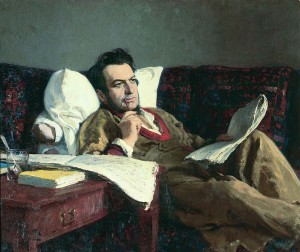
I know hardly anything about this man or his music, but what I do know is that any time you read anything about a Russian composer who came after him, those guys are always talking about how big an influence he was. So, it’s a slightly “provacative” inclusion on this list (and yes, I do expect wide-spread violence as a result of it) but maybe it will induce someone – anyone – to give his music a first listen and a fair shake.
Tchaikovsky adapted this theme from Glinka’s “Ivan Susanin” for the head motif of his 5th symphony:
Influenced: Tchaikovsky, Borodin, Mussorgsky, Rimsky-Korsakov, Glazunov, Rachmaninoff, Shostakovich
10. Claudio Monteverdi (1567 – 1643)
In the first list, I quoted the eminent music scholar David Ewen in noting Monteverdi’s profound accomplishment. The fact that we still have people writing operas today is largely due to him CM, not to mention the fact that he more or less invented the idea of instrumental tone painting.
Influenced: Schütz, Cavalli, Lully, Scarlatti, Rameau, Vivaldi, and essentially everyone who ever wrote an opera.
Discuss
Rules of the game: either submit your own top 10 list, or submit one or more alternates to my list in the comments section. If you choose the latter option, note that you must replace someone on my list, and make sure you tell us who it’s going to be.
Or just use this space to chat amongst yourselves about various Influential composers. “Composers”, for our purposes, means people who write music using any Western notation (it could be of their own devising). There is no limit as to genre or time period, so I’d be very interested to see some bizarre responses (think: Anton Reicha).
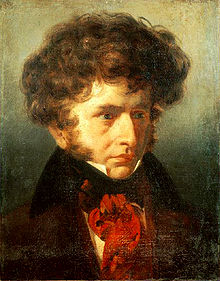
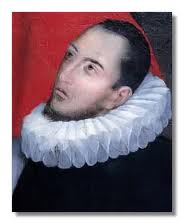
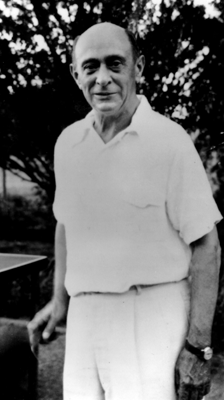
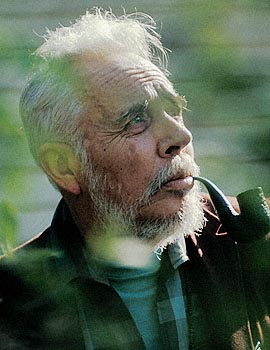
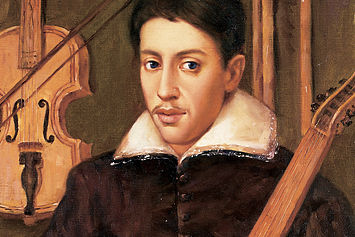
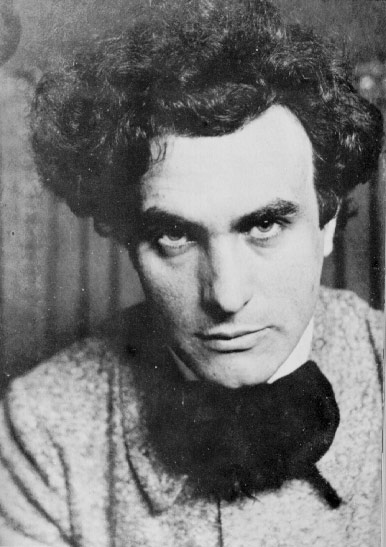
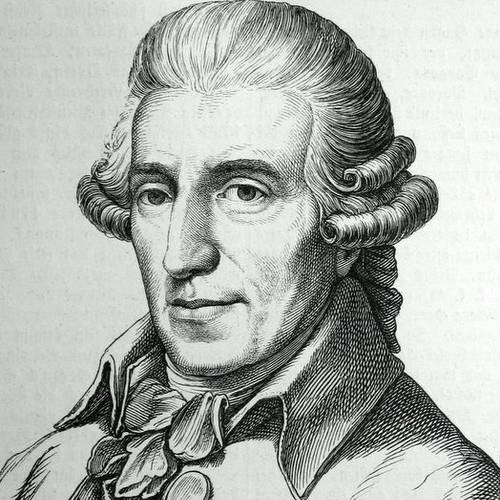
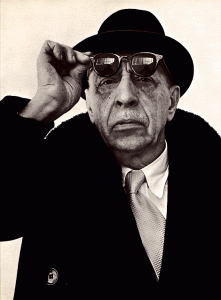
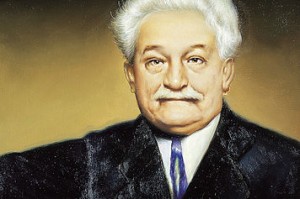
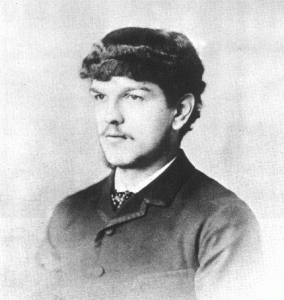
 Isn’t that kind of an embarrassing trove of ‘firsts’ for a man who’s been reviewing theater for like 20 years or something? Critic as fan v. critic as practitioner… I’d better stop before this whole thing turns into a post about Pauline Kael.]
Isn’t that kind of an embarrassing trove of ‘firsts’ for a man who’s been reviewing theater for like 20 years or something? Critic as fan v. critic as practitioner… I’d better stop before this whole thing turns into a post about Pauline Kael.]
